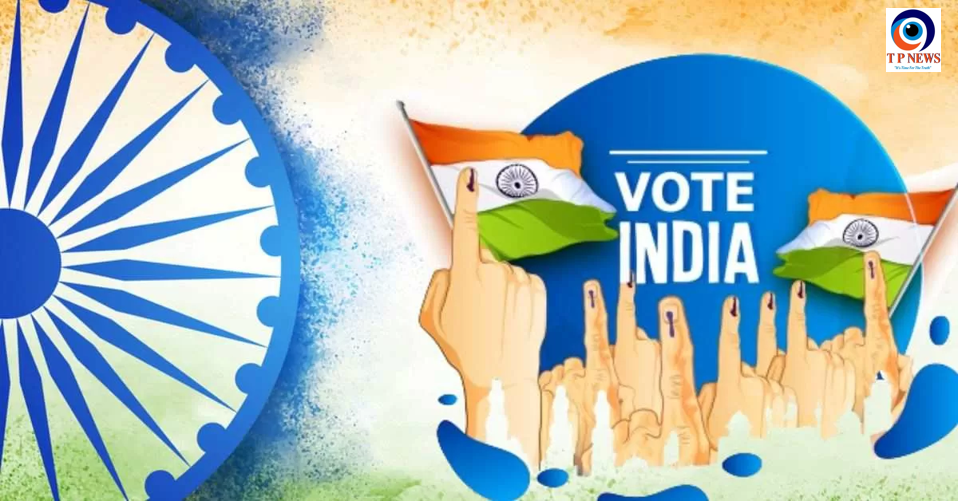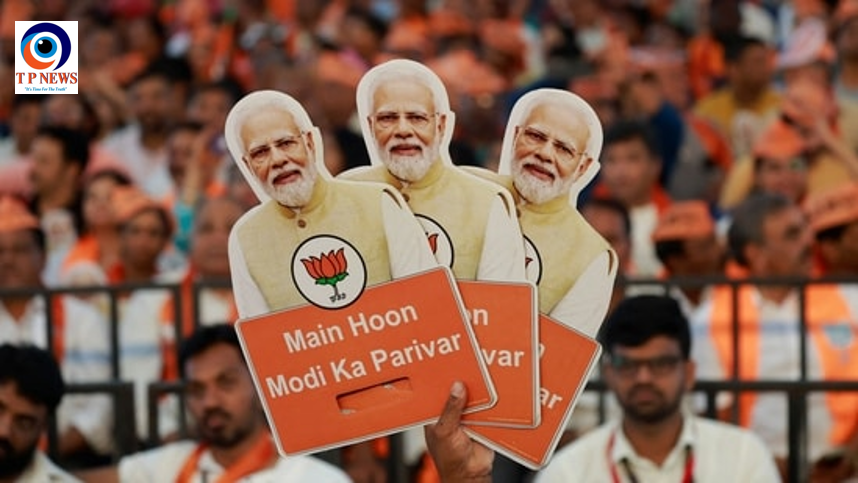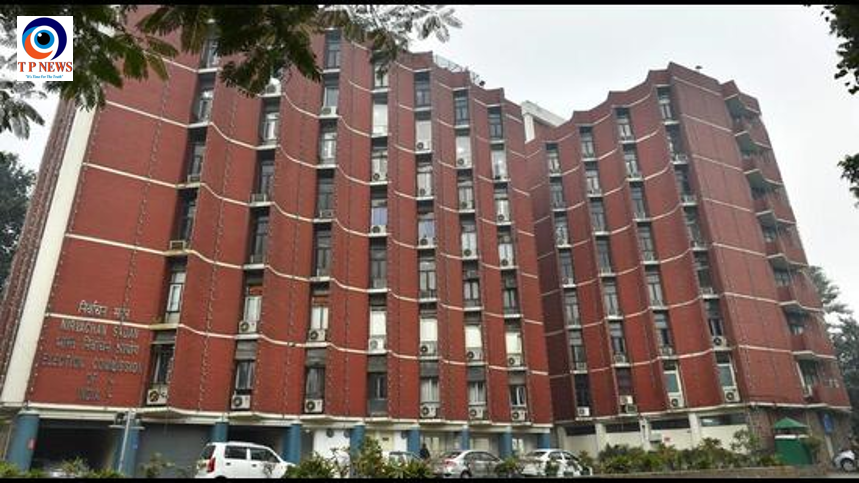The final phase of the 18th Lok Sabha elections commenced at 7 am on Saturday, marking the conclusion of India’s grand democratic exercise to elect 543 representatives for the 18th Lok Sabha. This phase encompasses 57 constituencies, including 41 general seats, three reserved for Scheduled Tribes (ST), and 13 for Scheduled Castes (SC), spanning eight states and Union Territories. Additionally, voters in 42 assembly constituencies of the Odisha Legislative Assembly are also casting their ballots today.
The states and union territories participating in this seventh phase are Bihar (8 out of 40 seats), Himachal Pradesh (4 out of 4 seats), Jharkhand (3 out of 14 seats), Odisha (6 out of 21 seats), Punjab (13 out of 13 seats), Uttar Pradesh (13 out of 80 seats), West Bengal (9 out of 42 seats), and the Chandigarh Union Territory. As the polling concludes, it will mark the end of the world’s largest electoral marathon, which began on April 19 and has already covered six phases and 486 Lok Sabha seats.
Key Candidates in the Spotlight
Several prominent candidates are in the fray during this final phase. Prime Minister Narendra Modi seeks a third term representing Uttar Pradesh’s Varanasi, facing off against Congress’ Ajay Rai. Former Union Minister and BJP stalwart Ravi Shankar Prasad is contesting from Patna Sahib. Actress Kangana Ranaut has entered the political arena from Mandi, Himachal Pradesh. Other notable candidates include Congress’ Manish Tewari from Chandigarh, Samajwadi Party leader Afzal Ansari from Ghazipur, and Bhojpuri star Pawan Singh from Karakat.
Key Facts About Phase 7
- Voter Demographics: Over 10.06 crore voters are eligible to vote in this phase, comprising 5.24 crore males, 4.82 crore females, and 3,574 third-gender electors.
- Polling Infrastructure: Approximately 10.9 lakh polling officials are on duty to facilitate voting across around 1.09 lakh polling stations.
High-Profile Contests
All eyes are particularly on Uttar Pradesh’s Varanasi and Himachal Pradesh’s Mandi constituencies, both strongholds for the BJP. Prime Minister Narendra Modi’s candidature from the historic temple town of Varanasi is a significant highlight. In Mandi, actress Kangana Ranaut’s entry into politics has generated considerable interest and media attention.
Campaigning and Security
Campaigning for the seventh phase concluded on Friday, May 30. The Election Commission has ensured tight security arrangements across all polling stations to ensure a smooth and fair voting process. The weather department has also issued advisories to help manage voter turnout, given the summer heat.
As India wraps up its largest democratic exercise, the nation eagerly awaits the results, which will determine the next government and the future course of the country’s political landscape. With a mix of seasoned politicians and new entrants, the final phase promises to be a climactic end to a closely watched election season.











